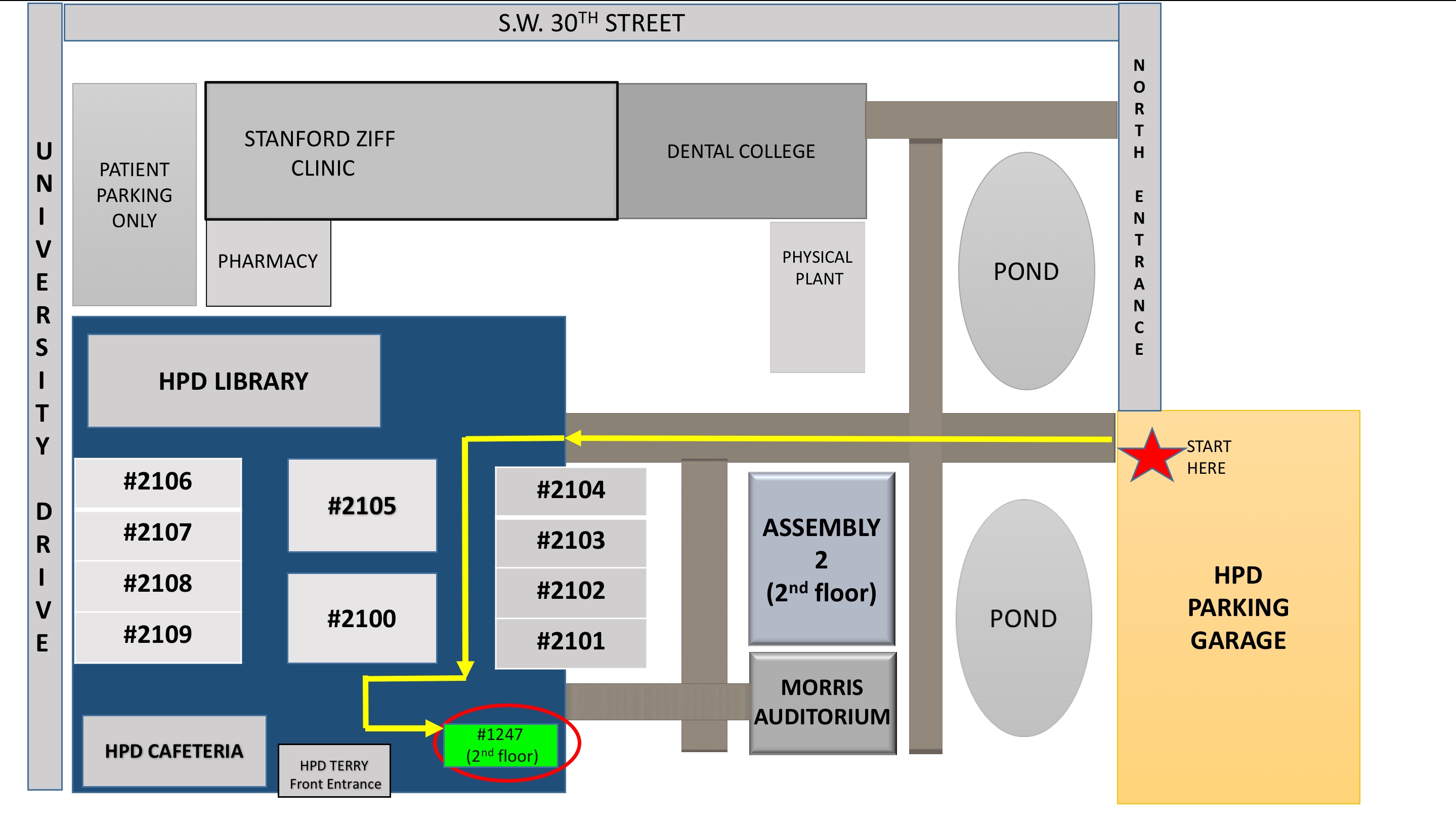The Use Of Lasers in Implant Dentistry
Registration Details
Date/Time:
Friday, 06/07/19 9:00 AM - 5:00 PM
Format(s):
Lecture
Credit Hours:
7
Dental Lasers and Their Usage in Dental Treatments and The LANAP® and LAPIP Protocols: En”LIGHT”ing Therapies for the Periodontitis and Peri-implantitis.
COURSE DESCRIPTION
The usage of lasers in the dental office for various procedures has been increasing of the last 10 years. The various wavelengths have their specific niches, and the dental practitioner should realize that there is no one laser wavelength that does all procedures equally well. The traditional treatment of periodontal disease, via pocket reduction surgery, has remained essentially unchanged for decades. Potential periodontal patients may perceive these procedures as invasive and painful, which can lead them to being fearful of seeking treatment. Although the use of regenerative materials can allow for regeneration of lost osseous or periodontal structures, the increased cost to the patient may prohibit them from proceeding with recommended treatment. With periodontal disease being associated or a contributing factor in many systemic diseases and complication, the need for addressing this disease process can be essential for the patients’ overall health. The LANAP® protocol is an FDA approved and tissue sparing protocol, which now allows for the treatment of periodontal disease, through a procedure that addresses periodontal disease by following the basic tenets of biology, regeneration and wound healing. Treatment is through regeneration of the periodontal apparatus, rather than respective treatment. The patient perception of being able to treat their disease via the use of a laser based protocol is seen to be more high-tech, “patient-friendly” and less painful than other therapies. The LANAP® protocol takes Periodontics back to its “ROOTS” of saving the dentition, with the LANAP® practitioner now redefining the definition of “poor-hopeless prognosis”.
With the increase in implants being placed annually, a concurrent increase in the number of implants ailing and failing, due to peri-implantitis, is being seen in dental practices. Treatments have ranged from surgical resection to regenerative therapies to removal of the affected fixtures. As with periodontitis treatments, increased costs and patient fear of surgery may prevent patients from having treatment performed. As with the LANAP® protocol, the LAPIP protocol addresses peri-implantitis in a more patient friendly and tissue sparing way.
After this course, participants will be able to understand the advantages the LANAP® and LAPIP protocols over traditional surgical therapies, and the advantages to the practitioner, but more importantly, the patient.
COURSE SCHEDULE
8:30AM-9:00AM Registration & Breakfast
9:00AM-12:00PM Lecture
12:00PM-1:00PM Lunch
1:00PN-5:00PM Lecture
INSTRUCTOR BIO

Allen S. Honigman, DDS, MS
Dr. Allen Honigman, a board‐certified periodontist originally from Ottawa, Ontario in Canada, received his B.Sc in Biochemistry from the University of Ottawa. He pursued an honors degree in Genetics at the University of Western Ontario and attended Idaho State University, where he received his Master's degree in Microbiology and Immunology. After working towards a Ph.D. in Microbiology at the University Of Texas Health Science Center at San Antonio, he decided on a dental career and went on to complete his Doctorate of Dental Surgery in 1991. From there, he went directly to UCLA, where he finished his periodontic specialty training residency in 1993.
Dr. Honigman practiced in Southern California until he moved to Guam in 1995, to accept a position as a periodontist and dental director for Pacificare. While there, he had the opportunity to lecture at local dental society meetings. In 1999, Dr. Honigman was offered a faculty position as the Director for Undergraduate Periodontic Clinical Education at Case Western Reserve University in Cleveland, Ohio, where he was awarded “Clinical Faculty of the Year” by the dental students. While there, he also gave a continuing education course on Periodontal Esthetic Surgery for the Cleveland dental community.
In 2001, Dr. Honigman moved to Arizona to practice, and in 2003, opened a periodontics and implant practice in Chandler. He began utilizing CT‐guided implant treatment planning and placement in early 2004, and is one of the most prolific users of the technology in Arizona. In 2006, Dr. Honigman became the first periodontist in Phoenix, and the second in Arizona, to incorporate the LANAP protocol into his practice. He has lectured on computer‐guided implant treatment planning at the 2009 IALD Annual Clinicians Meeting in Cancun, Mexico. He lectures on LANAP and LAPIP to dental study clubs and dental meetings nationally and internationally. In November 2009, he became the only certified instructor for IALD/Millennium Dental Technologies in Arizona and immensely enjoys teaching GPs and specialists about the LANAP and LAPIP
EDUCATIONAL OBJECTIVES
- Understand the basic differences between lasers that are in use in dentistry
- Understand how the LANAP® protocol works to aid in regeneration of the periodontal apparatus
- Understand the major advantages the LANAP® protocol over traditional periodontal treatment modalities
- Understand the application of LAPIP protocol for the treatment of peri-implantitis.
Room Location
Location: HPD Terry Building ROOM 1247, 2nd Floor
Address: 3200 South University Drive, Fort Lauderdale Florida 33328
Using the HPD Parking garage to start, locate the elevators on the first floor near the reception desk. Take the elevator to the second floor where room 1247 will be located immediately to your right.

ADDITIONAL INFORMATION
NSU Acknowledges with Gratitude the Support of:
MILLENNIUM Dental Technologies, Inc.

Nova Southeastern University Office of Dental Continuing Education Nova Southeastern University is an ADA CERP Recognized Provider.ADA CERP is a service of the American Dental Association to assist dental professionals in identifying quality providers of continuing dental education. ADA CERP does not approve or endorse individual course or instructors, nor does it imply acceptance of credit hour by boards of dentistry. Concerns or complaints about a CE provider may be directed to the provider or to the Commission for Continuing Education Provider Recognition at ADA.org/CERP.